Iran censures IAEA for falling under third party influence
Iran censures the International Atomic Energy Agency (IAEA), which is the United Nations nuclear watchdog, for falling under the influence of third party pressure in its dealing with the Islamic Republic.
Speaking on Thursday, Mohsen Naziri, Iran's ambassador to the international organizations in Vienna, said the Islamic Republic's approach towards the IAEA had invariably been based on cooperation and interaction.
The IAEA too was expected to "perform its inherent duty" concerning the Islamic Republic, and preserve its independence, neutrality, and professionalism, he added.
However, Naziri added, the agency had allowed itself to be influenced by outside "political pressures."
The agency, he added, had also resorted to raising questions "that boil down to mischievous behavior by third parties that do not subscribe to any of the agency's safeguard mechanisms and [also] host dozens of nuclear warheads."
He was referring to the Israeli regime that is not a member of the Nuclear Non-Proliferation Treaty (NPT), despite being the sole party in the Middle East that is in possession of the non-conventional weapons.
Naziri's remarks came after a report by the IAEA, which alleged that Iran’s stock of uranium enriched to up to 60-percent purity had grown to well above the amount that was enough for a nuclear bomb, if enriched further.
The official also reminded that outstanding issues concerning Iran's nuclear work had been resolved between the country and the agency in line with a resolution that was issued by the IAEA's Board of Governors in 2015.
"The agency's members have to seriously avoid exerting pressure on the organization and try to use it towards [realizing] their political goals," the diplomat said.
The envoy also found fault with the IAEA's demand on Iran to continue implementing the Additional Protocol to the NPT’s Safeguards Agreements, which grants the agency the power to carry out short-notice inspections at locations not declared to it.
Iran stopped adhering to the Additional Protocol in May 2019, a year after the United States illegally and unilaterally quit a 2015 nuclear deal between Iran and others.
Naziri suggested that the IAEA could not expect Tehran to keep enforcing the Additional Protocol, while the other parties to the nuclear accord, including Washington, kept violating the agreement.
Araghchi warns Turkey, Iraq against border 'terror' activity amid US-Israeil aggression
UN experts condemn unlawful US-Israeli aggression against Iran
US war on Iran burns past $1bn in early days, with total projected to exceed $95bn
US officials warn of challenges posed by Iranian drones
'We warned repeatedly about the limit to our patience': Hezbollah leader
IRGC announces 'blinding' US, Israel's eye in region; vows harsher retaliation coming
Iraqi resistance leader urges Americans to ‘reclaim’ country from Israeli ‘puppet Trump
Iran blasts US-Israeli use of autonomous killer systems against civilians as 'war crime'


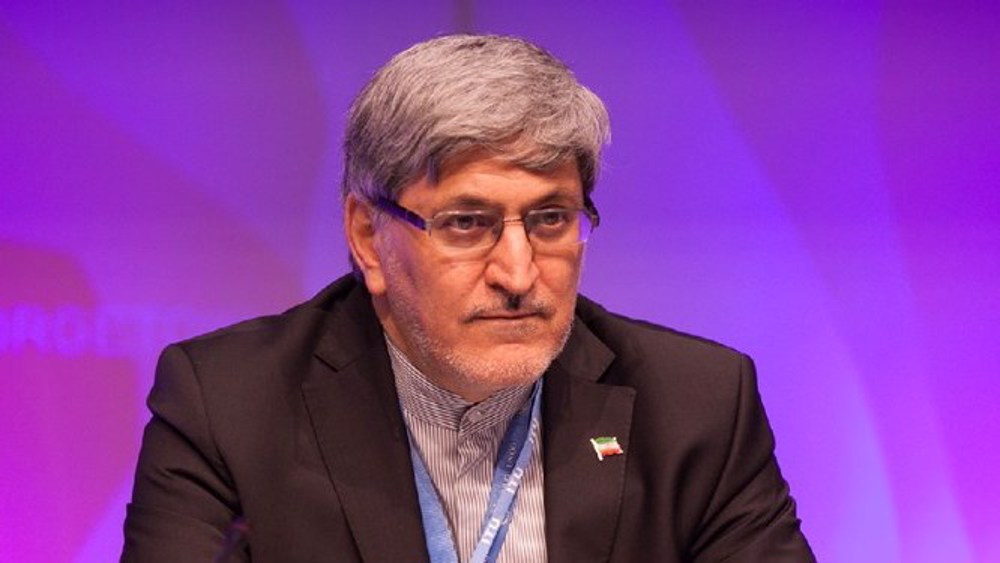
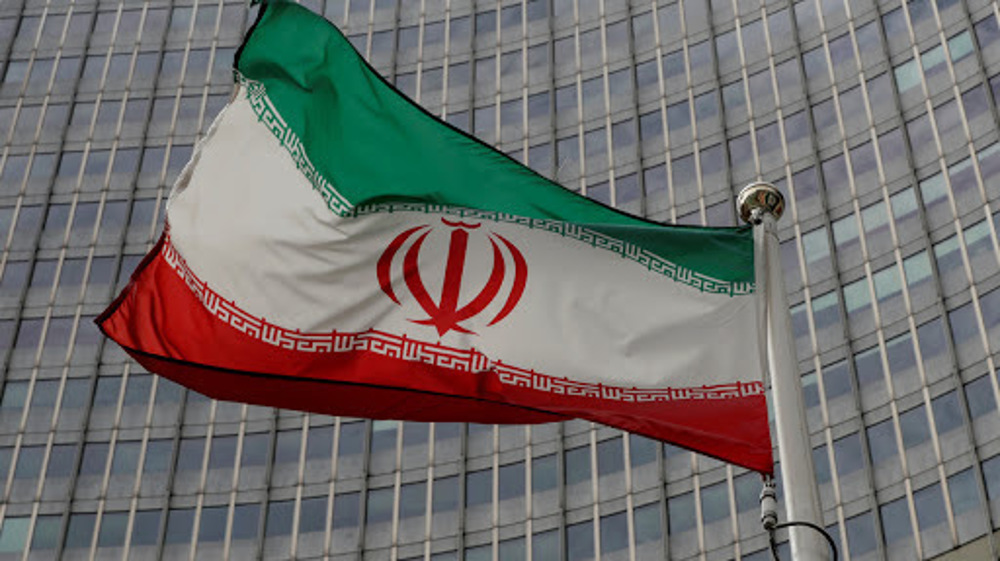
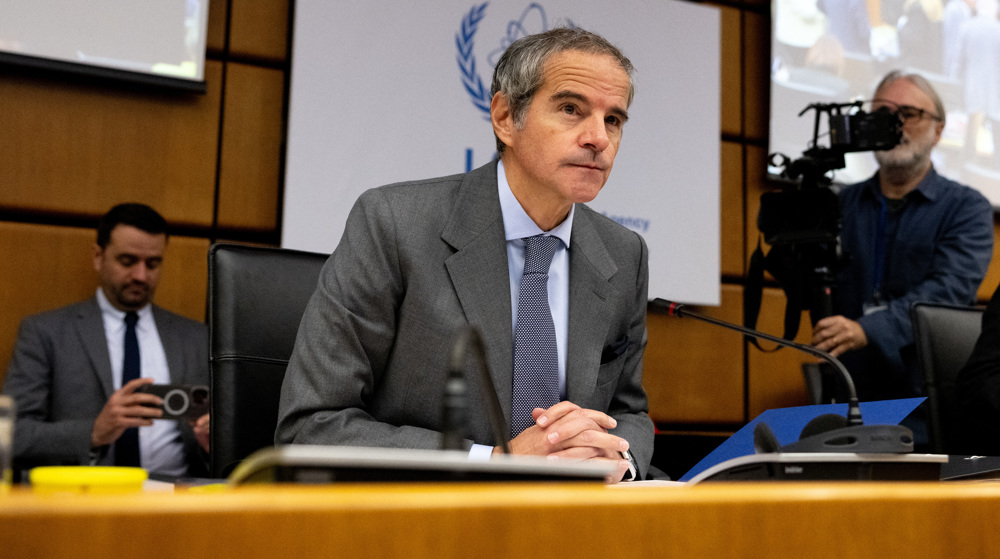
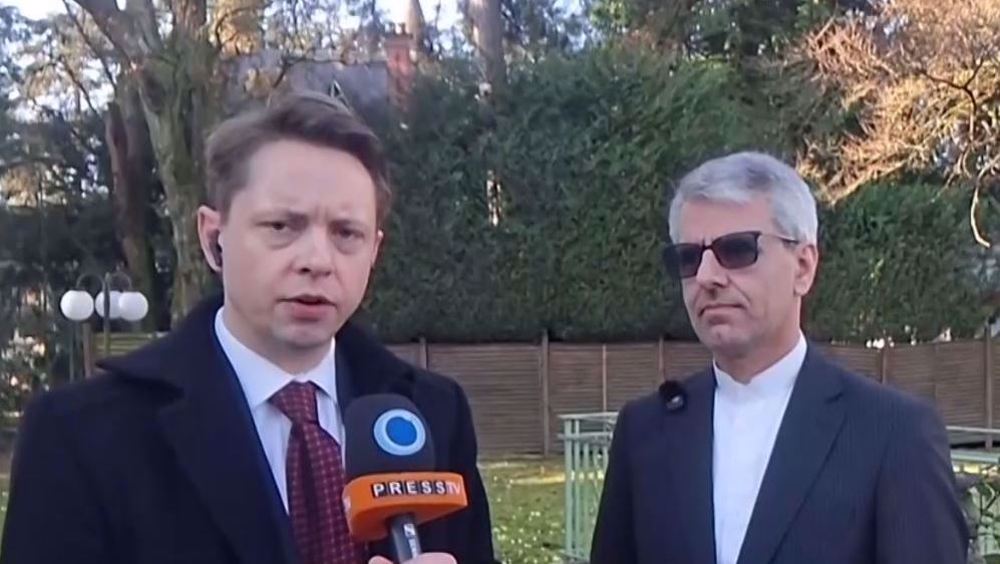
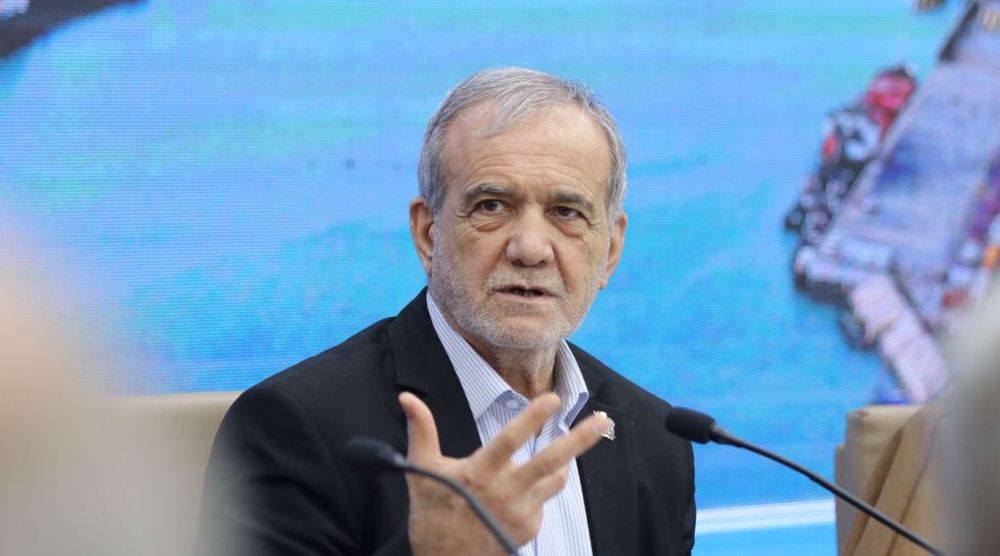



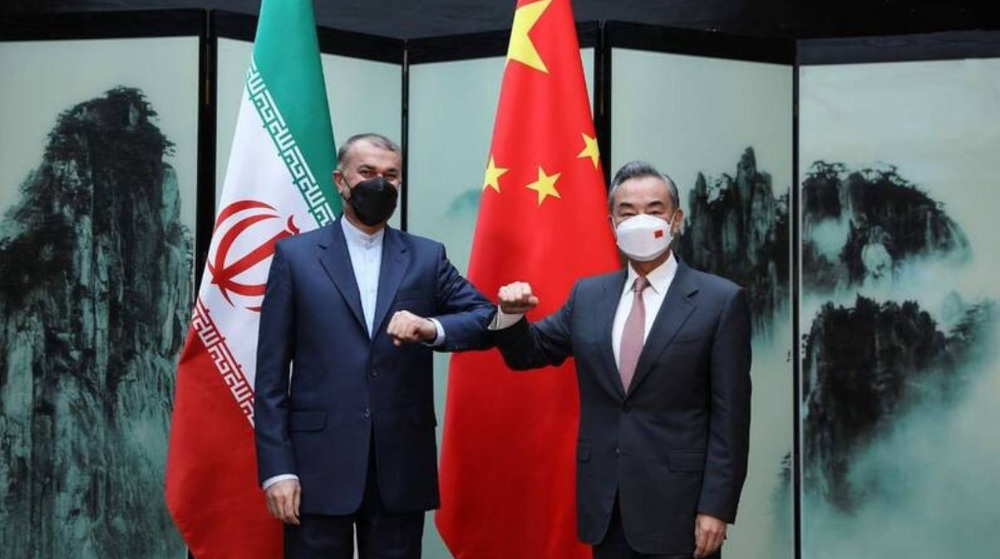
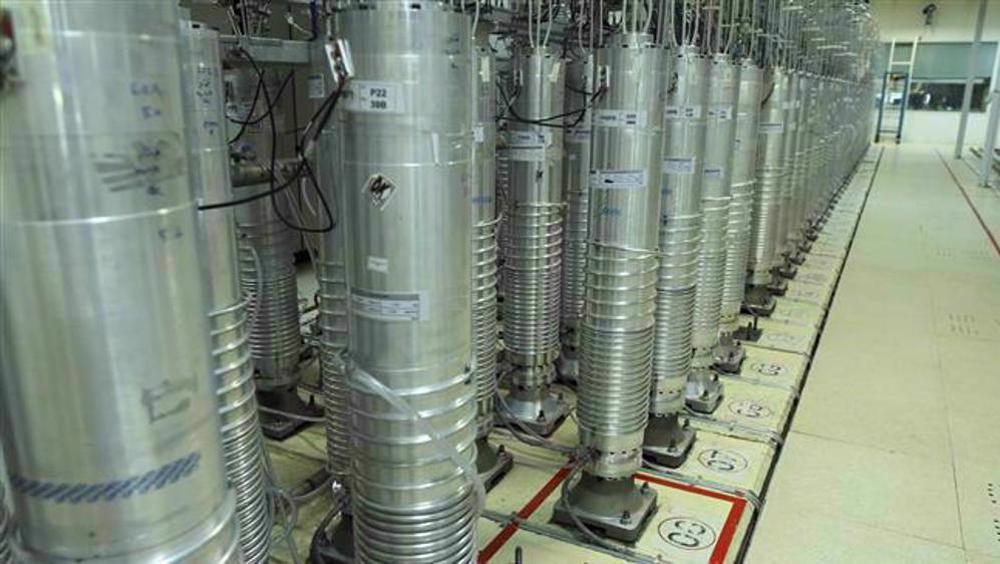
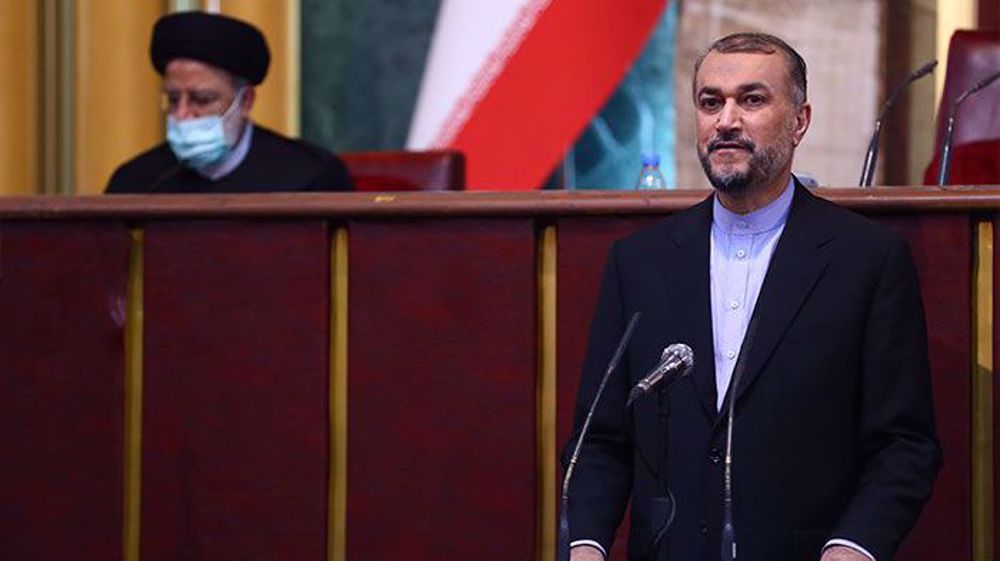

 This makes it easy to access the Press TV website
This makes it easy to access the Press TV website